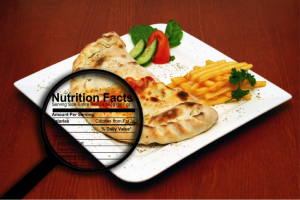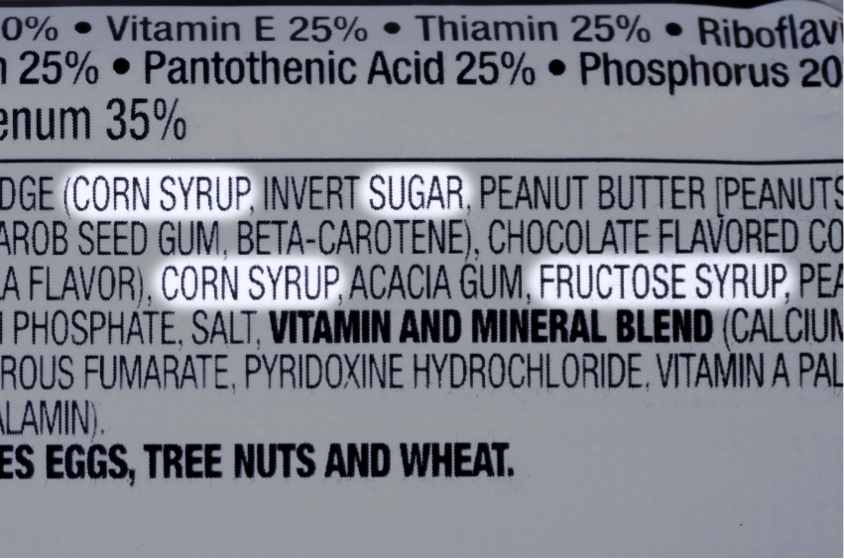
If you are pursuing a career in food safety, read on to learn a few facts about the food industry that could surprise you.
Experts Know That Major Companies Own Most Food Products
A quick stroll down any grocery store aisle will have any consumer believing that there are tons of brands and products to choose from. However, any professional with food technology training knows that most of the products situated on supermarket shelves are made by the same parent company. In fact, 80 per cent of breakfast cereals are owned by one of these five manufacturers; Food & Water Watch, Kellogg Co., General Mills, PepsiCo, or Post Foods.
Sugar is Addictive and Many Products Contain High Quantities of It
Any experts holding a food safety diploma can confirm that sugary foods are very addictive and can cause a dependency. This is because sugar stimulates dopamine in the brain’s reward center, and then dopamine down-regulates its own receptor. Basically, after a person consumes processed food that has a lot of added sugar, they will have to consume more sugar the next time to generate more dopamine and obtain the same reward. It is not surprising that food companies love adding sugar to their products, because when customers consume more, they also purchase more.
Food Safety Pros Know that Labels Can Sometimes be Ambiguous
Students pursuing careers in food quality will learn that food packages labelled whole-grain or natural are not always the healthiest choice. Large food manufacturers generally hire marketing and PR firms who know the ins and outs of the industry and work hard to ensure that consumers purchase these products. However, while a food product may very well be made of whole-wheat, pros know that it can also be full of overlooked unhealthy ingredients like salt and trans fats.
Pesticides Are Affecting Food Safety
If you are enrolled in a food handler certificate program in Toronto, you’ll already be aware of the controversy surrounding the use of pesticides to kill insects that ruin crops. Each year, an astonishing 1.1 billion pounds of pesticides are poured onto North American crops. And while these pesticides do in fact rid crops of any lingering insects, reports suggest that only small amounts are actually needed to do the job. Unused pesticides seep into the environment, or latch onto the food we consume. The use of this many pesticides is a major concern not only because they pose a threat to the environment, but hundreds of studies have shown that these chemicals are also harmful to human health.
Are you interested in learning more about food safety? Find out more information regarding food safety training offered at AAPS.




